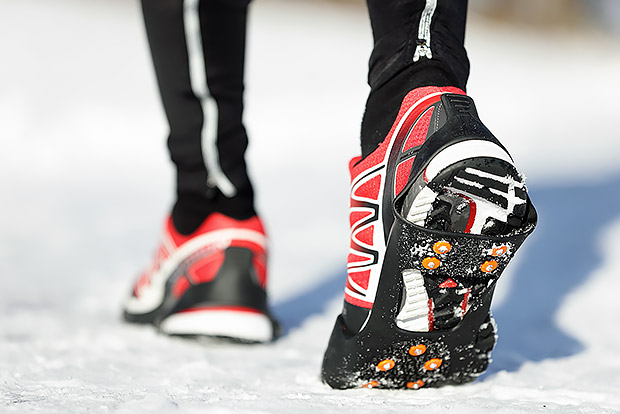With all the holiday parties, the endless goodies delivered to your office and the rich foods and candies enjoyed, it is no wonder that many people consume excess calories during the holidays leading to weight gain. Mercifully, according to a study published in The Journal of Physiology, exercise may thwart some of the harmful effects of short-term overeating and inactivity.
At its simplest, weight management is a formula of calories expended versus calories consumed. In order to maintain a consistent weight one must have balance between these two opposing forces. However, hormones, stress level and other factors also influence whether a person loses weight or not. And when you are consuming excess calories and forgoing the gym during the holidays it is easy to pack on a few extra pounds, harming your health.
University of Bath researchers divided 26 healthy young men into two groups. Half of the study participants exercised for 45 minutes each day, while the other half remained generally inactive. Both groups were asked to consume excess calories — the active group increased caloric intake by 75 percent and the inactive group increased calorie consumption by 50 percent, matching energy surplus among groups.
Blood insulin measurements and fat tissue biopsies were performed after one week. Remarkably, in only one week the inactive group experienced significant and unhealthy physiological effects, including a decrease in blood sugar control and modified gene expression in fat cells that encouraged unhealthy metabolic changes and a poor metabolism.
Surprisingly, the study authors observed that the active group did not experience the same unhealthy blood sugar and gene expression results.
This study suggests that exercise provides a protective effect against the negative physiological changes of short-term overeating and doesn’t simply burn calories to help with energy balance.
Scientific research suggests that high-intensity, metabolic resistance training (MRT) offers benefits not achieved during standard resistance training or steady-state cardio, including an afterburn effect — increased metabolism for 24 or more hours following MRT, increased calorie burn during MRT and more targeted fat loss.















